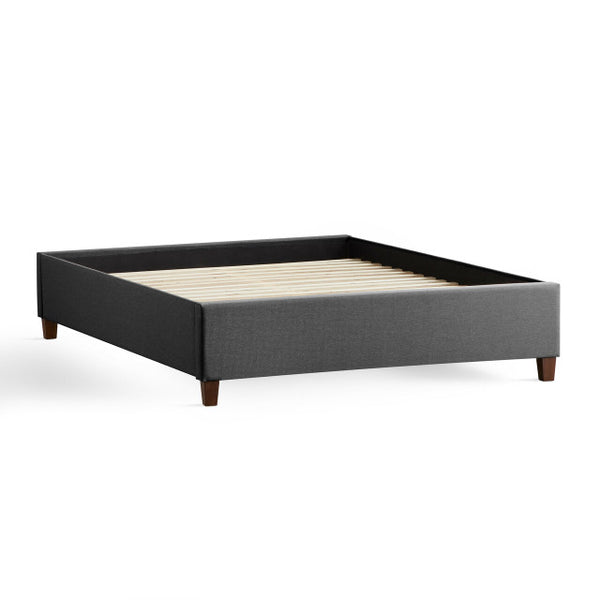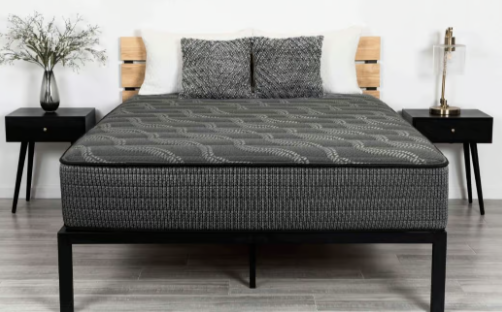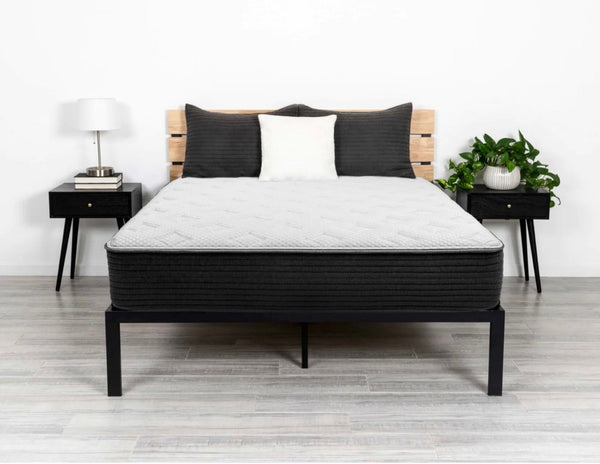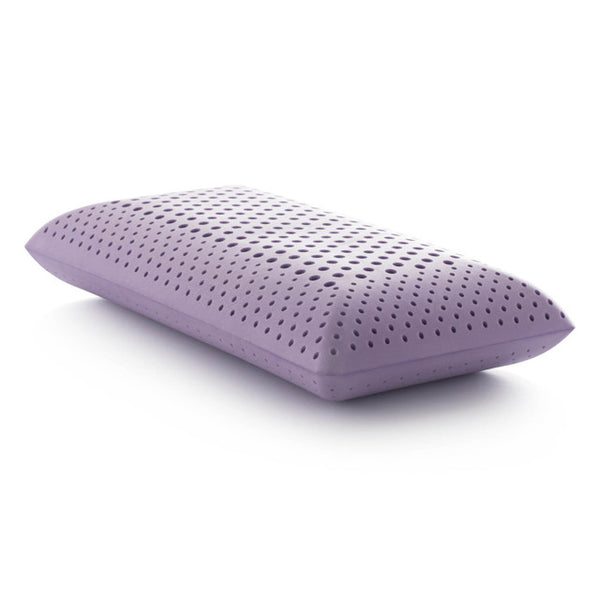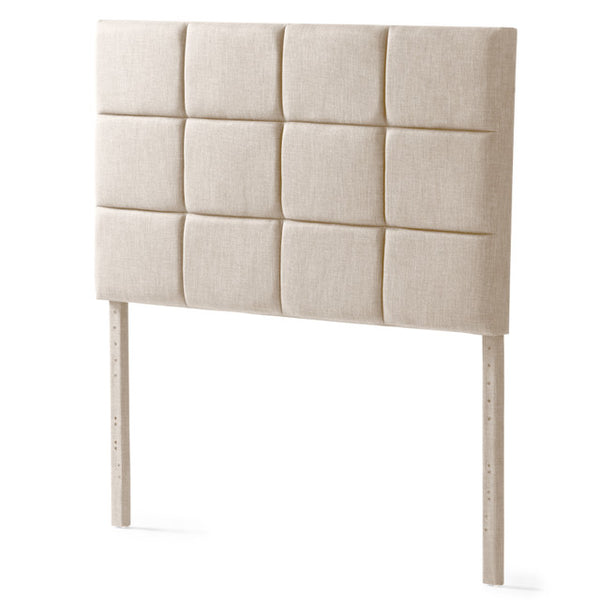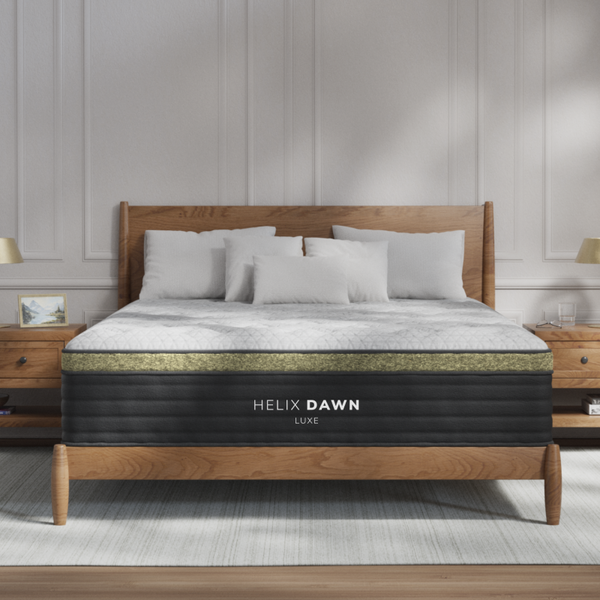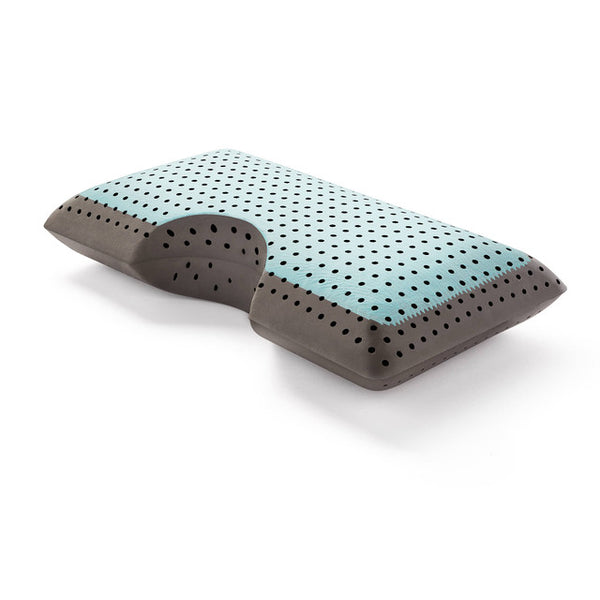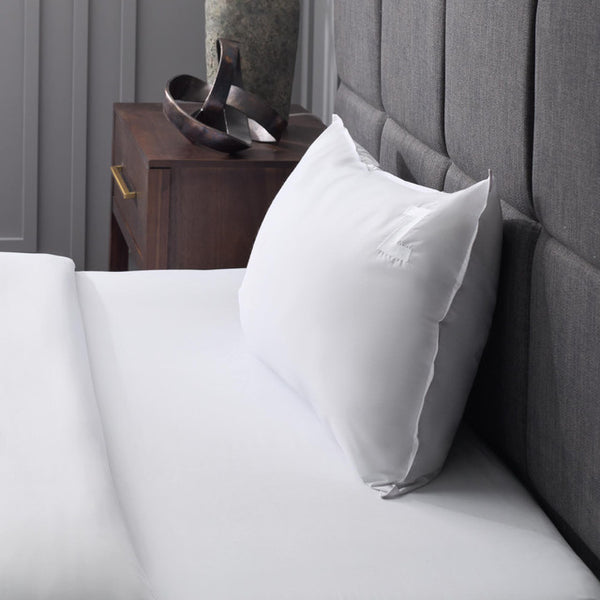
Frequently Asked Questions
1. What is the myth about one-size-fits-all mattresses?
2. How does sleep position affect mattress choice?
3. Is a firm mattress always better for support?
4. How long do mattresses typically last?
When it comes to getting a good night’s sleep, having a high-quality mattress is crucial. However, misinformation can cloud your judgment when it comes to choosing the right mattress for your needs. In this article, we will address and debunk common mattress myths that could be affecting your sleep quality. Understanding the truth behind these myths can not only help you make informed decisions but also improve your overall sleeping experience. So, let’s get started!
The Myth of One-Size-Fits-All Mattresses
One of the prevailing myths about mattresses is that there is a universal option suitable for everyone. Many people believe that a specific type of mattress is best for all sleepers. However, sleep preferences vary significantly from person to person, and what works for one individual might not be ideal for another.
Understanding Sleep Positions
Your sleep position plays an integral role in determining the type of mattress that will provide you with optimal comfort and support:
- Back Sleepers: Require a medium-firm mattress that provides adequate support to maintain the natural curve of the spine.
- Side Sleepers: Benefit from softer mattresses that cushion the shoulders and hips, helping to align the spine.
- Stomach Sleepers: Need a firmer mattress to prevent sinking too deeply, which can lead to back pain.
Choosing the right mattress is not a one-size-fits-all solution. Always consider your unique needs, preferences, and sleeping habits.
Firmness Equals Support
Another common misconception is that a firm mattress is always better for support. While firmness does play a role in the support provided, it doesn’t directly equate to a better sleeping experience.
Finding the Right Balance
The key to a supportive mattress is through finding the right balance between firmness and comfort. A mattress that is too firm can create pressure points that lead to discomfort, while a mattress that is too soft may not provide the necessary support for proper spinal alignment. Here are some considerations:
- Hybrid Designs: Combining memory foam and innerspring can provide both cushioning and support.
- Adjustable Options: Customizable mattresses allow sleepers to find their perfect level of firmness.
Always test a mattress in-store or utilize home trial periods to help determine what feels best for you.
All Mattresses Are Created Equal
It is a widespread myth that all mattresses are essentially the same, just covered in different materials. Quality, construction, and durability can vary greatly among brands and types, significantly impacting comfort and support.
The Importance of Quality Materials
High-quality materials can make a significant difference in how well a mattress performs. Consider the following:
- Memory Foam: Recognized for its ability to conform to the body and relieve pressure points.
- Latex: Provides natural bounce and resilience, offering support without sinking.
- Innerspring: Known for good airflow and support but may not be as effective at reducing pressure points.
When shopping for a mattress, it's crucial to do thorough research and pay attention to materials. Investing in a quality mattress can significantly enhance your sleep experience.
Mattress Lifespan Misunderstandings
Many people hold the belief that mattresses should last a lifetime or be replaced every few years. The truth is more nuanced. The lifespan of a mattress depends on various factors, including materials, usage, and maintenance.
Knowing When to Replace Your Mattress
Most mattresses typically last between 7 to 10 years, but this can vary. Here are some signs that it may be time to retire your old mattress:
- Visible Damage: If you see sagging, lumps, or structural issues, it’s time for a new mattress.
- Discomfort: Waking up with aches and pains can signal that your mattress no longer supports you properly.
- Allergies: If you notice an increase in allergies, dust mites and allergens can accumulate in old mattresses.
Regularly assessing your mattress can help maintain a good quality sleep environment.
Myth: You Need to Replace Your Mattress Every 5 Years
Many people believe that mattresses need to be replaced every five years, but this isn’t universally true. As mentioned earlier, a mattress can last longer or shorter depending on its quality and your usage patterns.
Factors That Affect Lifespan
Several elements can influence how long a mattress will remain comfortable:
- Quality of Materials: Higher-quality materials generally result in longer-lasting mattresses.
- Body Weight: Heavier individuals may find their mattresses wear out more quickly.
- Usage: A mattress used daily will wear out faster than one used occasionally.
Based on individual experiences, many consumers find that they are comfortable using their mattress beyond the five-year mark.
Breaking Down the "Break-in" Period
It’s a common belief that a mattress must be “broken in” before it becomes comfortable. While new mattresses may feel different at first, the thought that they require a specific break-in period can be misleading.
Adjustment Time
Different materials may require varying amounts of time for users to adjust. Memory foam mattresses, for instance, tend to be more sensitive to weight and body heat, providing a different feel than innerspring options. However, discomfort during the break-in period could indicate a mismatch with your preferences or needs.
- Trial Periods: Many retailers offer trial periods to help you adjust and decide if the mattress suits you.
- Feedback: Listen to your body’s signals, and don’t hesitate to return if necessary.
Sleep Number: Is It Really Key?
Many mattress shoppers assume they must spend a lot of money to achieve a comfortable night's sleep. While investment in a quality mattress is important, affordability does not necessarily mean compromising on comfort.
Understanding Your Needs
What’s essential is to identify your sleep needs rather than simply choosing the priciest option. Here are some tips:
- Test Different Models: Take the time to test a variety of price points and materials.
- Customer Reviews: Look at reviews and experiences from other customers to see what best fits your needs and budget.
Affordable yet comfortable options exist, allowing you to maximize your sleep experience without breaking the bank.
Myth: Mattress Toppers Solve All Problems
Some believe that a mattress topper can effectively remedy any discomfort with their current mattress. However, while toppers can improve comfort, they aren’t a universal fix.
Understanding Limitations
Here are some points to consider before opting for a mattress topper:
- Underlying Issues: If the mattress itself is worn out, a topper may not solve the core issue.
- Material Quality: The quality of the topper itself plays a significant role in the comfort and longevity of your sleep experience.
While toppers can enhance comfort, they should complement a quality mattress, not replace it.
Sleep is For the Weak
There’s a pervasive myth that sacrificing sleep is a sign of strength or ambition. However, sleep is a vital component of overall well-being. Prioritizing rest is essential for both physical and mental health.
Benefits of Quality Sleep
Here are several key aspects of why sleep should be prioritized:
- Increased Productivity: Well-rested individuals tend to be more productive and focused.
- Improved Mood: Quality sleep can positively impact emotional well-being.
- Better Health: Sleep is crucial for various bodily functions and immune system support.
By investing in a quality mattress and prioritizing sleep, you’re making a wise choice for your health and overall quality of life.
Your Mattress Choices Matter
Debunking these myths can help you make informed choices when it comes to selecting a mattress that not only suits your preferences but also ensures a good night's sleep. Remember, what you sleep on matters. Investing in the right mattress, considering your sleep patterns and discomfort, can significantly impact your health and well-being.
Understanding the truths about mattresses, rather than succumbing to common myths, empowers you to make better decisions for a restful night’s sleep. Visit The Sleep Loft today to learn more about how to find your ideal sleeping solution!

